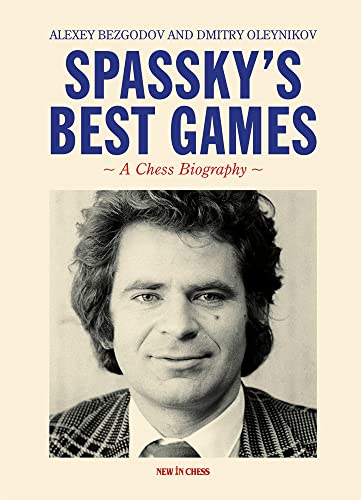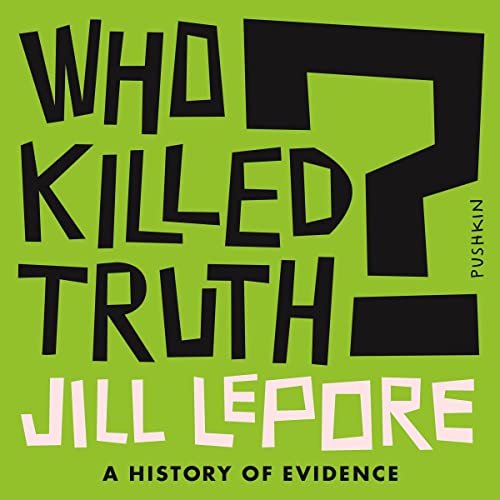How to Talk Language Science with Everybody by Laura Wagner and Cecile McKee.
This book should be required reader for every PhD and master’s student in linguists. Wagner and McKee explain how to build the necessary skills to communicate language science (really any science or technical field) to general public. Those of us who have fumbled when trying to explain linguistics to family members, friends, reports, and colleagues and administrators will appreciate the well organized and systematic presentation. In twenty bite-sized chapters – with plenty of examples – the authors explain how and why the of generating interest, building credibility and scaffolding knowing about linguistics to a variety of audiences. Wish I had had this when I first started teaching, back in the last century.
The Gentle Art of Verbal Self-Defense (1980) , Success with the Gentle Art of Verbal Self-Defense, (1989) The Last Word on the Gentle Art of Self-Defense, by Suzette Haden Elgin (1987)
A few years ago I picked up these three books in a thrift shop. I had known about Elgin’s work and occasionally taught her linguistic science fiction and Laadan, so I thought someday I’d read through my investment. The three books are a sort of applied linguistics—or applied semantics more exactly—focusing on way to recognize conversational presuppositions in interactions. More importantly, the books suggest how to challenge presuppositions to redirect (or derail) conversations that are unproduction. Elgin sets things up by taking about various modes of interaction: the placate, the blamer, the computer, the distracter, and the leveler (based on Virgina Satir’s psychotherapeutic model) and shows how different modes respond to verbal aggression.
As you can infer from the titles, the books are written in the self-help style, with sample conversations, journaling exercises, and so on. Some of the scenarios seem clunky, but overall ones get a nice set of examples of thinks like “I you really wanted me to get an A in math, you’d buy me a calculator” or “Even a nurse ought to be able to tell I’m really in a lot of pain.” Elgin touches on power networks and charisma and has special chapters “For men” For women” and “For College students” in the 1980s).
Success … is a bit more interesting linguistically, with discussion of factives, metaphor, time adverbs, and more., with a long section on language and public relations. The Last Word … adds in the idea of sensory modes from the Neurolinguistic Programming Work of Grinder and Bandler and introduces something called Syntonics which involves matching the sensory mode of others. Throughout the three books Elgin blends in linguistic ideas, with advice on
The most fun idea was what she called “the twirk” referring to language that calls attention to itself as a means of creating a distraction. I had thought I would skim the books and discard them, but I think I’ll hold onto them, just in case….
 Spassky’s Best Games: A Chess Biography by Alexey Bezgodov and Dmitry Aleynikov
Spassky’s Best Games: A Chess Biography by Alexey Bezgodov and Dmitry Aleynikov
Boris Spassky is one of my chess heroes—I was rooting for him to beat Fischer (both times). Bezgodov and Aleynikov’s biography (pp 15-148) answers paints a comprehensive profile of Spassky’s life and career, and it answers some of the questions I’ve always had. We see Spassky’s intellectual and rebellious side, questioning communist orthodoxy, his need for father figures like Zak and Bondarevsky, his periodic laziness in preparation but also his deep understanding of the finding the critical moment in a game, his overload and burnout as world champion. We also see his sportsmanship and too acquiescent respect for Fischer as well as Spassky’s relationships with players like Tal, Korchnoi, and Karpov. And we see Spassky’s post championship life and career as a not quite expatriate Russian and chess ambassador. Spassky has written little of his own biography—and at this stage probably won’t—so this volume is likely to remain the definitive work for a time. The 61 “best games” portion of the book (pp 155-274) includes both familiar and less games of Spassky’s including the famous game with Bronstein that appeared in the was used in From Russia with Love.
Razorblade Tears by S. A. Cosby
Continuing my way through S. A. Cosby’s books with Razorblade Tears. It’s a fast-paced story of two ex-cons, one black and one white, whose gays sons are killed in an apparent hate crime. Ike and Buddy Lee do what has to be done and uncover secrets within secrets. It’s noir at its best.
Winter Counts by David Heska Wanbli Weiden
Set on and around the Rosebud Sioux Reservation, Winter Counts follows Virgil Wounded Horse, who provides street justice for wrongs the legal system won’t address. He a Lakota of mixed ancestry, dealing with the prejudices of white people and full blooded Lakotas. His latest client is close to home—his own nephew – and Virgil and his girlfriend Marie get involved tracking down drug gangs and other unsavory characters to keep Nathan safe. Good action, a twisty plots, nice sense of place, and subtle commentary on Native life. Weiden has promised another novel and I’ll be watching for it.
Red Queen by Bourne Morris
A quick-moving and engaging murder mystery set in a journalism school. Plenty of academic rivalries to drive the story – and for a change the killer isn’t the provost. Wherever you are you’ll recognize a colleague or two.
 Who Killed Truth? by Jill Lepore
Who Killed Truth? by Jill Lepore
You can’t go wrong with Jill Lepore. In this podcast/audiobook Who Killed Truth? she tackles epistemology through a wide-ranging series of explorations of lesser known events in the history of evidence—from the use of lie detectors in court, a history of meteorology, to the use of vaccines for combat polio and the 1976 swine flu, to climate science, women’s right and the Scopes trial, and World War II propaganda. No philosophers were harmed in this podcast.

 Follow
Follow